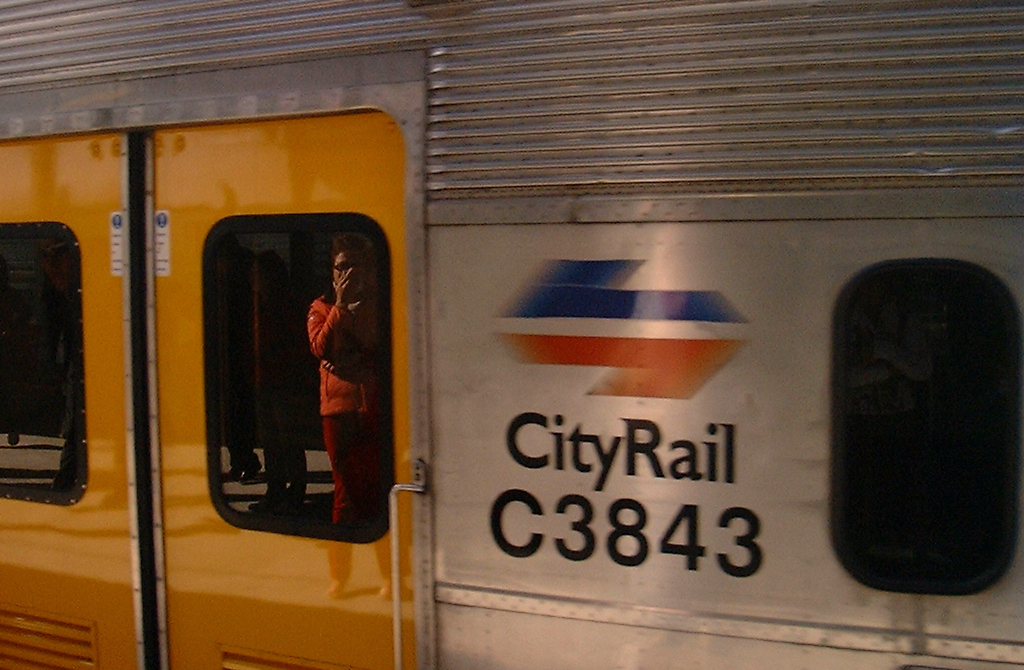RailCorp slammed for IT bungles


With the release of a report detailing extensive delays in delivering IT projects and cost overruns amounting to $41.4 million, RailCorp has received a beating from the state auditor-general today .

(Cityrail image by George Grinstead, CC BY-SA 2.0)
"IT system implementation issues in transport agencies are a concern," the office of the State Auditor-General Peter Achterstraat wrote in a statement associated with a financial audit of RailCorp today.
In the report, Achterstraat detailed a raft of delays and cost overruns within RailCorp projects.
The biggest cost blow-out related to a transformation of RailCorp's procurement systems, which was initially budgeted at $20.4 million but ended up costing $35.1 million when it was completed in January 2010, six months after its scheduled end data of July 2009.
Yet cost blow-outs weren't the extent of the system's problems.
In the five months after the system went live, over $100 million in payments to vendors were processed late. The delays have meant that RailCorp's on-time payment percentage dropped by 12 per cent in the five-month period.
The report revealed that the system had also processed $4 million worth of payments more than once, with some duplicate payments still unaccounted for.
One issue was that the procurement system had trouble balancing its activities with the RailCorp general ledger, and also had trouble marrying up purchase orders to invoices.
According to the report, the rate of mismatched invoices to purchase orders was 70 per cent at time of launch. As of June when the audit concluded, the mismatched data was still occurring at a rate of 20 per cent.
With the auditor-general discovering that RailCorp management were aware of major problems in the procurement system prior to its launch, it seems Management made the decision to go live before each problem had been addressed.
"The system went live despite these defects as procedures were in place to minimise their impact to the business. Permanent solutions were being developed at the time of go live to address these defects," the report revealed.
RailCorp management is said to be working on the system issues as a top priority, with the department having spent over $400,000 in staff overtime costs to get the system back on track.
Two other RailCorp projects saw large cost overruns — a station passenger information system was rolled out at a cost of $18.4 million (originally budgeted at $8.7 million) and an upgrade to RailCorp's finance systems ended up costing $19.4 million (up from $9.7 million). Both projects are also subject to delays, the first was scheduled to be completed in June this year but will now be finished in June 2012, and the second has been pushed out from April 2011 to June 2011.
Several projects came in under budget by amounts in the low millions, but there were another handful in the red and one project was terminated.
After former NSW Transport Minister David Campbell acknowledged in June last year that then RailCorp CIO had stood down from the role due to allegations of "dishonest or corrupt behaviour", RailCorp has been without a chief information officer (CIO) for 18 months to date. The CIO resigned in October.
Since last year the IT portfolio has been managed by Railcorp's group general manager of finance and corporate services Gary Pedersen in an acting capacity.
When RailCorp advertised its CIO role it said that the successful applicant will oversee 360 staff in total, as well as a capital budget of over $100 million and an operating budget of $105 million.
RTA had problems too
RailCorp wasn't the only public transport agency to come under fire in the report. The cost of the NSW Roads and Traffic Authority's Driver and Vehicle Computer System Project (an upgrade of its DRIVES platform) has blown out from $9.3 million in 2004 to $32 million in 2009, owing to increased scope and changes in direction of the project, according to Achterstraat.
DRIVES is "a vast, complex and critical computer system" that the RTA uses at its registry offices to administer about seven million motor vehicle registrations and two million driver licences in the state. A major upgrade of the platform was commenced in 2004.
The initiative quickly ran off the rails, with Achterstraat finding project expenditure links to milestones were not adequately monitored, project management was deficient, there was insufficient record-keeping and so on.
However, the RTA has made improvements in project management and reporting since 2009, with a formal project methodology and a governance framework being put in place over the past two years. The agency also now manages all "system" projects through its project management office.